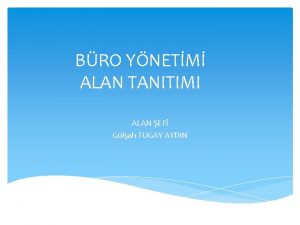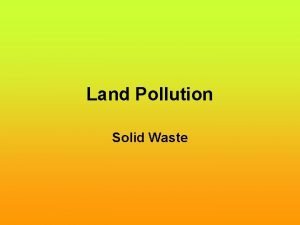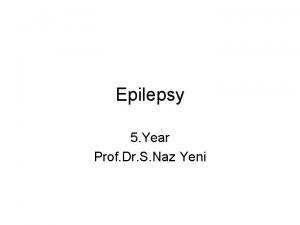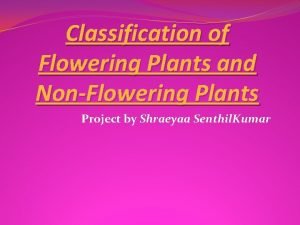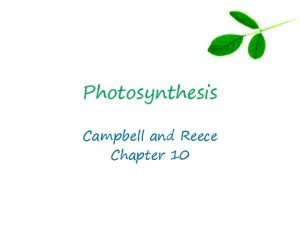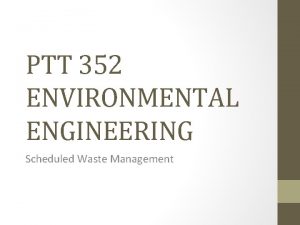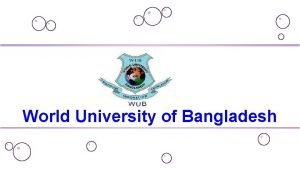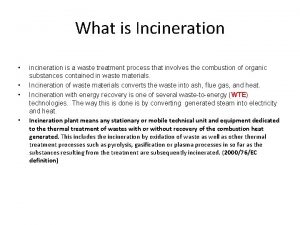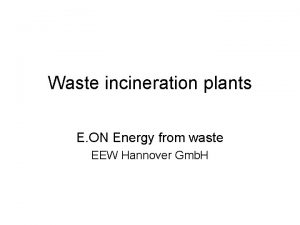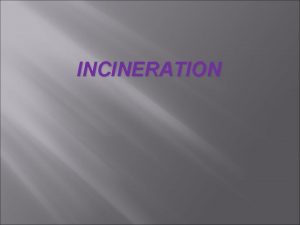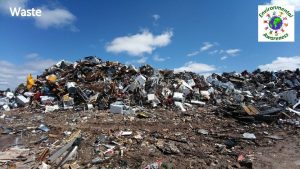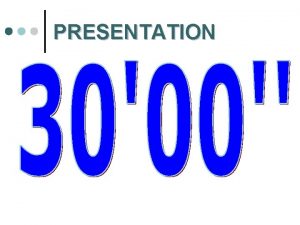WELCOME TO PRESENTATION WASTE INCINERATION PLANTS GLAH NAZ















- Slides: 15

WELCOME TO PRESENTATION WASTE INCINERATION PLANTS GÜLŞAH NAZ TURAN ERTEGÜL ERGÜN 1

� WHAT IS WASTE? � WHAT IS WASTE INCINERATION? � WHY IS IT NECESSARY? � WASTE INCINERATION PLANT PROCESS � EMISSION OF WASTE INCINERATION � WASTE INCINERATION PLANTS IN THE WORLD � WASTE INCINERATION PLANTS IN TURKEY 2

Waste includes all items that people no longer have any use for, which they either intend to get rid of or have already discarded. Additionally, wastes are such items which people are require to discard, for example by lay because of their hazardous properties http: //scp. eionet. europa. eu/themes/wa ste 3

The objective of waste incineration, in common with most waste treatments, is to treat waste so as to reduce its volume and hazard, whilst capturing (and thus concentrating) or destroying potentially harmful substances. Incineration processes can also provide a means to enable recovery of the energy, mineral and/or chemical content from waste. http: //eippcb. jrc. europa. eu/reference/BREF/wi _bref_0806. pdf 4

v While the growth in production and marketing makes excessive use of natural resources inevitable, wastes produced due to increasing trend of consumption have reached to threatening levels due to their quantity and hazardous contents. v Aiming to prevent rapid consumption of natural resources and to settle the problem of wastes resulting from production, marketing and consumption activities through converting them to economic asset, the waste management strategies form the basis of “sustainable development” approach that has been gradually adopted all over the world as a prioritized policy objective. http: //www. sayistay. gov. tr/english_tca/Performance/TCA_Waste_Managem ent_Report. pdf 5

1 -)Combustion 2 -)Boiler/ steam turbine o Dry or Wet scrubbers o Activated Carbon Injection o Bag house filter o Selective Non. Catalytic Reduction 3 -)Ash residues handling 6

Dioxin and furan v CO 2 (carbon dioxide) v N 2 O (nitrous oxide) v NOx ( oxides of nitrogen) v NH 3 (ammonia) v 7

The role of waste incineration differs in the countries of the world. While in the industrialised countries in Europe as well as in Japan, the USA and Canada the proportion of waste burned in waste incineration plants can be very high (up to 100 percent), in most developing countries landfilling is the more common waste management practice. http: //www. ipcc-nggip. iges. or. jp/public/gp/bgp/5_3_Waste_Incineration. 8

v v v Incineration capacity: 900 tons per day (450 tons per furnace x 2 furnaces) Total cost: appx. ¥ 60. 9 billion Location: Osaka City http: //www. city. osaka. lg. jp /contents/wdu 020/kanky o/english/others 0 3. html 9

DIRECTIVE 2000/76/EC OF THE EUROPEAN PARLIAMENT AND OF THE COUNCIL of 4 December 2000 on the incineration of waste (OJ L 332, 28. 12. 2000, p. 91 v The WI Directive makes a distinction between: a) incineration plants (which are dedicated to thermal treatment of waste and may or may not recover heat generated by combustion) and b) co-incineration plants (such as cement or lime kilns, steel plants or power plants whose main purpose is energy generation or the production of material products and in which waste is used as a fuel or is thermally treated for the purpose of disposal). 10

11

In order to operate projects in the scope of İzmit Integrated Environment Project, İZAYDAŞ was founded by Metropolitan Municipality in May 1996 and accepts wastes since 1997. The operation principle of the facility with 5. 400 kg/hour incineration capacity is based on the disposal by burning of combustible plastic wastes, used oils, pharmaceutical and cosmetic wates, petrochemical wastes, treatment sludge and other types of hazardous wastes and clinical wastes. Incineration Facility Design Parameters -Incineration Capacity: 5. 400 kg/hr solid wastes : 3. 800 kg/hr liquid wastes: 1. 600 kg/hr -Caloric value: 85 Gj/hr -Power Generation : 5, 2 MW www. izaydas. com. tr 12

v PETKİM is the second waste incineration plant of Turkey v Incineration capacity: 17. 500 tons per year v Total cost: appx. $25 million v Location: İzmir-TURKEY http: //www. petkim. com. tr/Sayfa/1/12/SURDURULEBILIRLIK. aspx 13

The last directive was published in 2010 by the Ministry of Environment and Urban. http: //www. csb. gov. tr/gm/cygm/index. php? Sa yfa=sayfahtml&Id=1297 14

15
 Food waste management system
Food waste management system Glah
Glah Cons of incineration
Cons of incineration Disadvantages of incineration
Disadvantages of incineration Kardeler
Kardeler Naz andrea
Naz andrea Prof dr naz yeni
Prof dr naz yeni Naz net time card
Naz net time card Vascular plants vs nonvascular plants
Vascular plants vs nonvascular plants Vascular plants vs nonvascular plants
Vascular plants vs nonvascular plants Classify non flowering plants
Classify non flowering plants C3 plant
C3 plant Scheduled waste management presentation
Scheduled waste management presentation Welcome welcome this is our christmas story
Welcome welcome this is our christmas story World university of bangladesh
World university of bangladesh Assaignment
Assaignment

